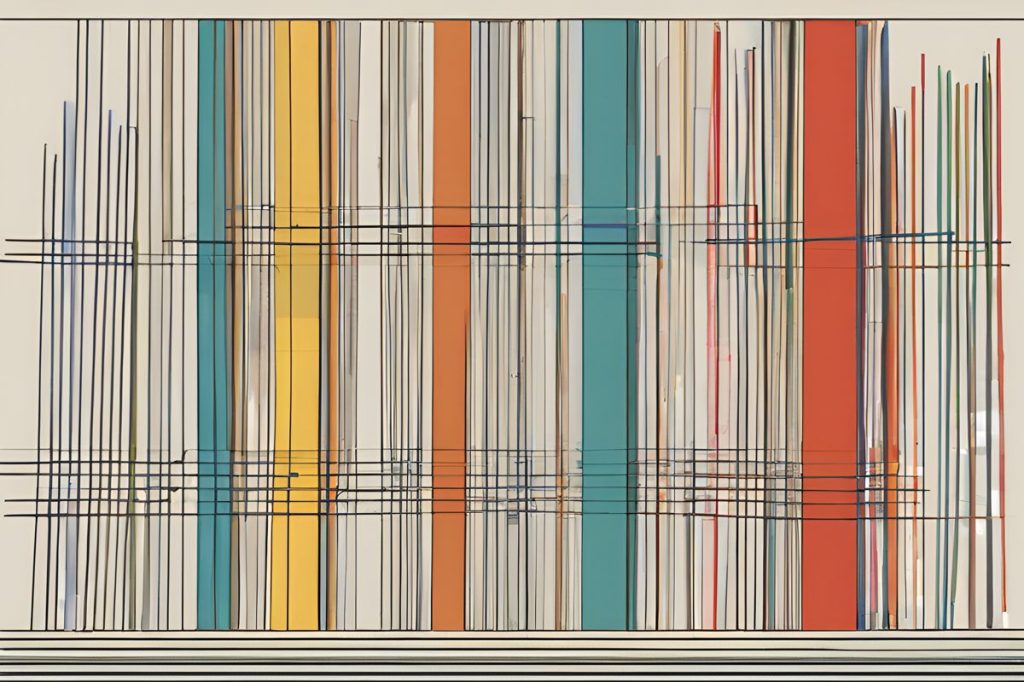Voter participation is crucial for the future of the EU as it empowers citizens to shape Europe and ensure leaders prioritize the Union’s interests over partisanship. Low turnout, like the 45% in the 2019 elections, risks weakening European unity and vision.
Why is voter participation crucial for the future of the European Union?
Voter participation is essential for the future of the EU as it empowers citizens to shape Europe and ensure leaders prioritize the Union’s interests over partisanship. Low turnout, like the 45% in the 2019 elections, risks weakening European unity and vision.
The Significance of Voting and European Unity
As the echoes of political fervor sweep across Cyprus, the message is clear: the future of the European Union (EU) is in the hands of its citizens. The President of the European Parliament, Roberta Metsola, recently made a poignant visit to Cyprus, where she inspected the Amalthea humanitarian aid project—a beacon of hope for the people of Gaza in Palestine. Metsola’s presence underscored not only the essence of humanitarian aid but also the significance of active participation in European affairs.
During a stirring address commemorating Europe Day, which also marked the 20th anniversary of Cyprus joining the EU, Metsola urged Cypriot citizens to vote in the upcoming European Parliament elections. Her plea was not a whisper but a resonant call to “defend and shape” their Europe. Metsola’s focus on the worrying 45 percent turnout in the previous 2019 elections was a reminder of the power every single vote holds. Each ballot cast is an echo of freedom and the kind of Europe one wishes to forge.
The Role of Leaders and the Selection of EU Presidents
Post the June elections, a significant transition awaits—the selection of the President of the European Commission and the President of the European Council. These decisions are pivotal, and as the EP President, Metsola will influence these choices. Indeed, it is a time when the need for responsibility and foresight in leadership is paramount.
A European citizen, Marios Eliades, extends gratitude towards Metsola for her rallying call but also presents an appeal. The forthcoming decisions on EU leadership should transcend partisan lines, focusing solely on what benefits the Union as a whole. The support for Ursula Von der Leyen by Metsola and the European People’s Party (EPP) for a second term as European Commission President has raised questions. Is this choice in the best interest of the EU, or is it a reflection of allegiance to party lines? Leadership, particularly within the EU, demands a vision that inspires and unites rather than one that simply fills official positions.
A Public Appeal for Nonpartisan Leadership
Eliades, reflecting on Metsola’s words that “Europe is not for granted,” makes a plea to the EP President and all political group members to prioritize the Union’s interests over partisan affiliations. It is essential to appoint leaders who can reignite the passion for the European project among its peoples, leaders who are recognized not just for their official roles but for their ability to inspire and bring about positive change.
In a world where the integrity of the political process is often scrutinized, Metsola’s actions in the upcoming leadership selections will be a testament to her commitment to the Union’s welfare. The European citizens of Cyprus, and indeed all members of the EU, are called upon to engage in shaping the future of their continent. As the elections approach, it is the collective responsibility to ensure that the flame of European unity burns ever brighter, guided by leaders who place the Union’s collective destiny above all else.
Why is voter participation crucial for the future of the European Union?
Voter participation is crucial for the future of the EU as it empowers citizens to shape Europe and ensure leaders prioritize the Union’s interests over partisanship. Low turnout, like the 45% in the 2019 elections, risks weakening European unity and vision.
What is the significance of voting and European unity?
Voting plays a crucial role in determining the future of the European Union, as it allows citizens to actively participate in shaping the direction of Europe. It is a way for individuals to express their preferences and ensure that leaders prioritize the interests of the Union as a whole over partisan agendas. Low voter turnout can weaken European unity and vision.
What is the role of leaders in the selection of EU Presidents?
The selection of the President of the European Commission and the President of the European Council is a pivotal decision that awaits post the elections. It is essential for leaders to prioritize the interests of the EU as a whole over partisan affiliations when making these decisions. Leadership within the EU should be focused on inspiring and uniting people, rather than simply following party lines.
What is the public appeal for nonpartisan leadership in the EU?
There is a public appeal for nonpartisan leadership in the EU, urging leaders to prioritize the Union’s interests over partisan affiliations. It is crucial to appoint leaders who can reignite passion for the European project and bring about positive change. The integrity of the political process and the commitment to the welfare of the Union are key considerations in selecting leaders who can inspire and unite the citizens of Europe.

